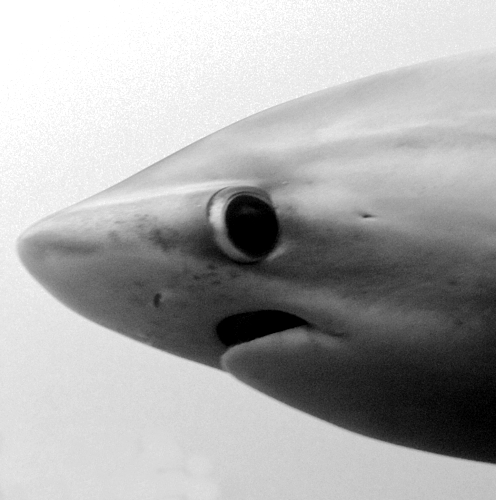Shark data shows no net effect
 A review of 60 years’ of shark attack data suggests anti-shark nets do nothing.
A review of 60 years’ of shark attack data suggests anti-shark nets do nothing.
Australian marine science researchers analysed all available shark attack, prevention, shark population and human population data for South Africa and Australia.
The massive review found no relationship between population levels in netted areas and the number of attacks.
The research has been submitted for publication to a leading journal, but the researchers have chosen to speak publicly ahead of publication due to the high level of scrutiny and decision-making about shark attack prevention going on.
“Our research is the first of its kind, in that it statistically tests the hypothesis that there is a relationship between the population size of sharks and the number of attacks,” Lead researcher Associate Professor Laurenson from Deakin University said.
“We honestly expected that we would find that as the numbers of sharks declined there would be a reduction in the number of shark attacks. We simply could not demonstrate a statistically significant relationship.”
Associate Professor Laurenson acknowledged his findings would be controversial and counter-intuitive.
“It makes sense, fewer sharks means fewer attacks. It really should be this way, but we can’t prove it to be true,” he said.
Associate Professor Laurenson said that popular belief simply hadn’t been tested until now.
“If better data becomes available and a similarly robust analysis can draw difference conclusions, then that is the nature of science and we are comfortable with that outcome. But until we are proved incorrect, we stand by the analysis,” he said.








 Print
Print